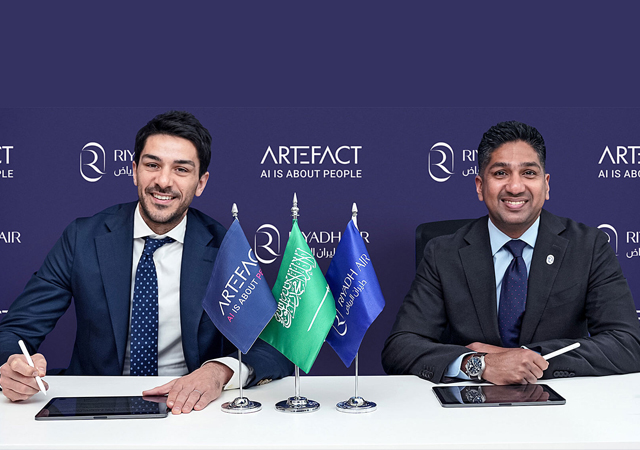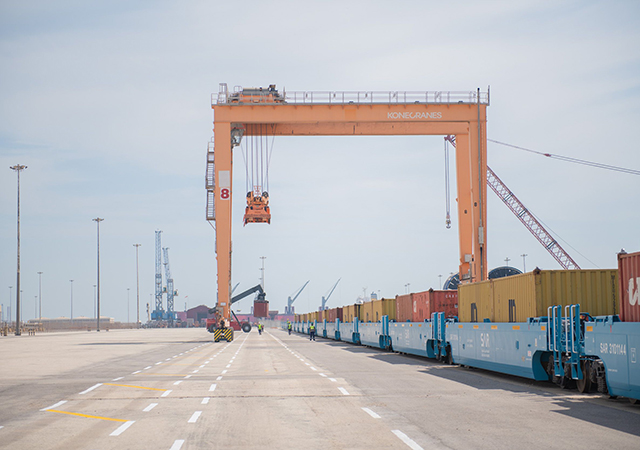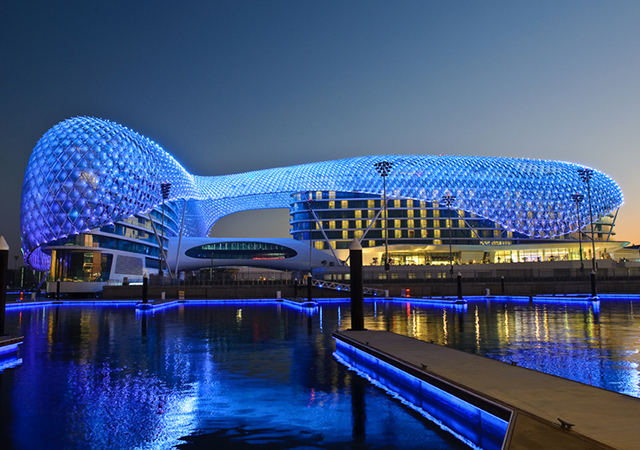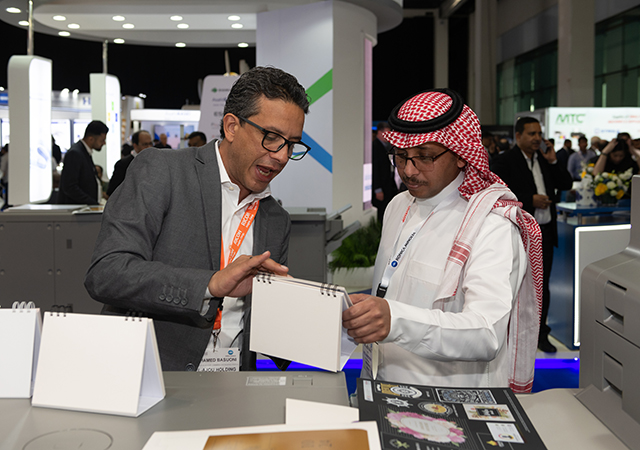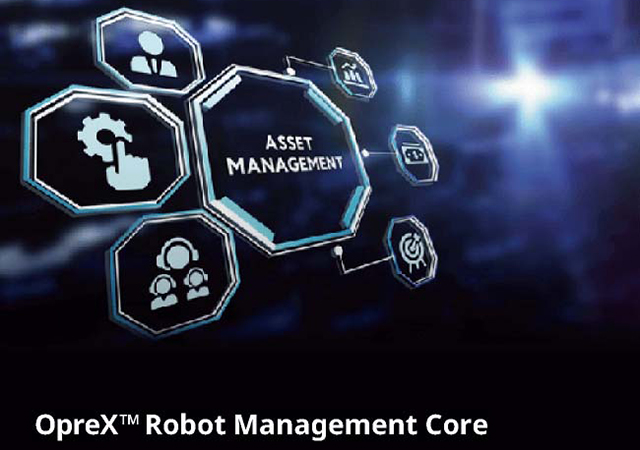
 Hontoria: enhance customer focus
Hontoria: enhance customer focus
Oliver Wyman, which has one of the leading transportation and logistics consulting practices worldwide, expects demand for logistics services to continue to increase in the Middle East but says the market will need to evolve as customers become more sophisticated and supply chains become more complex.
Manny Hontoria, a principal of Oliver Wyman and member of the Operations Group, currently based out of the Dubai office, says the rapid growth of the Middle East logistics market, driven by booming investments and consumption growth, has generally forced providers to focus primarily on increasing capacity rather than strategically optimising their businesses and operating models.
“Unfortunately, customers are already beginning to voice concerns about the industry’s ability to increasingly add value to their operations while supporting their growth – such as through faster and more consistent delivery, flexible solutions, and effective customer support,” observed Hontoria who works with senior management teams and investors to develop and execute successful growth strategies, primarily in the international logistics and infrastructure development sectors.
In the next wave of growth, logistics players would need to refocus their business models to profitably meet their customers’ current and future needs. The challenge would be to enhance customer focus while still growing strategic capacity, all within the context of increased competitive pressures, he said.
The official stressed that a focus on customers was critical to developing successful logistics relationships. Companies that tailored their offerings to address specific unmet or under-supplied customer needs would capture greater value through higher premiums and longer, stronger customer relationships. But logistics firms needed to ensure that the set of activities undertaken, the mix of assets, and the organisation were closely aligned to execute successfully on the promise.
“For many players, this may imply moving away from a ‘one-size-fits-all’ model to a portfolio of niche businesses. For smaller players, this may be an opportunity to build more sustainable businesses,” Hontoria said.
“In the short term, the congested transport infrastructure in the region will continue to pose operational challenges for many firms. Logistics companies can partially address these by focusing on business fundamentals, as well as developing more robust internal and customer-facing processes and systems.
“Over the medium- to long-term, however, logistics providers will need to approach the region with more strategic perspectives on the design of their logistics networks, more differentiated value propositions, and with effective talent strategies to attract and retain the appropriate human resources. These initiatives, however, need to be considered in the context of customers’ supply chain needs and not in isolation, and the successful companies will be those that begin addressing the challenges and opportunities now.”
Hontoria commented that Middle East logistics players had a vital role to play in the growth of the region. Evolving their business models in step with market dynamics and customer needs would ensure that they could fulfil that role profitably over the long term.
Much of the advisory work that Oliver Wyman has been doing in the region for transportation and logistics companies has in fact been around getting the fundamentals of the businesses in place.
“The topics that are generally top-of-the-mind among boards and senior management teams in the region are around ensuring adequate governance, developing effective relationships between boards and management, creating robust organisation models and working processes, developing successful growth strategies and business plans, absorbing acquisitions and aligning their organisations,” Hontoria observed.


